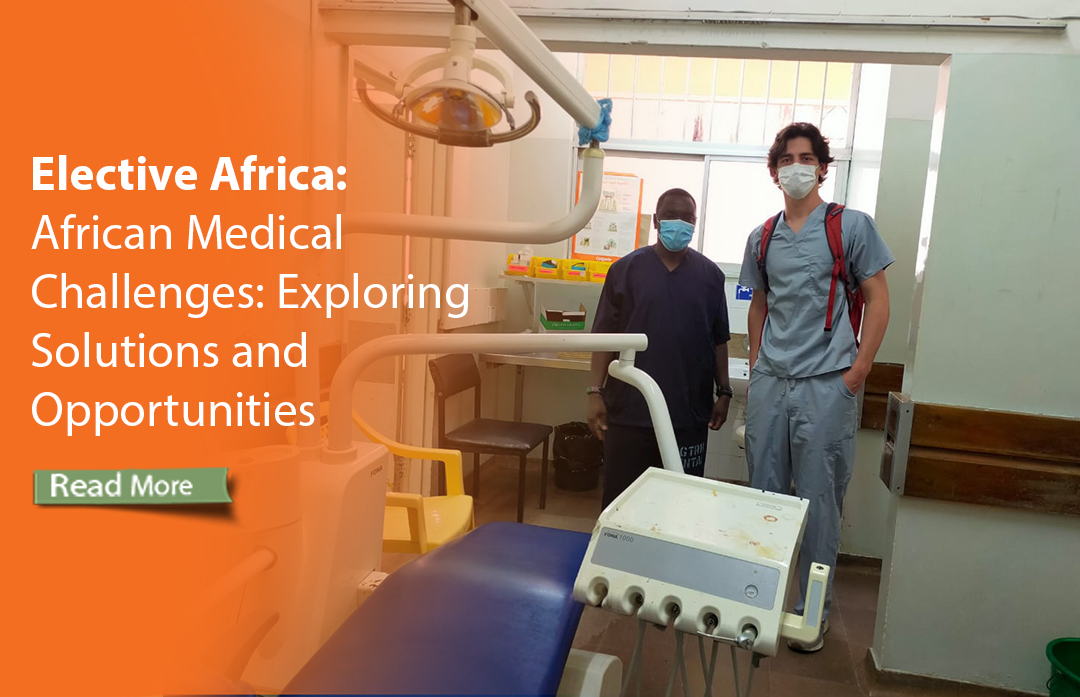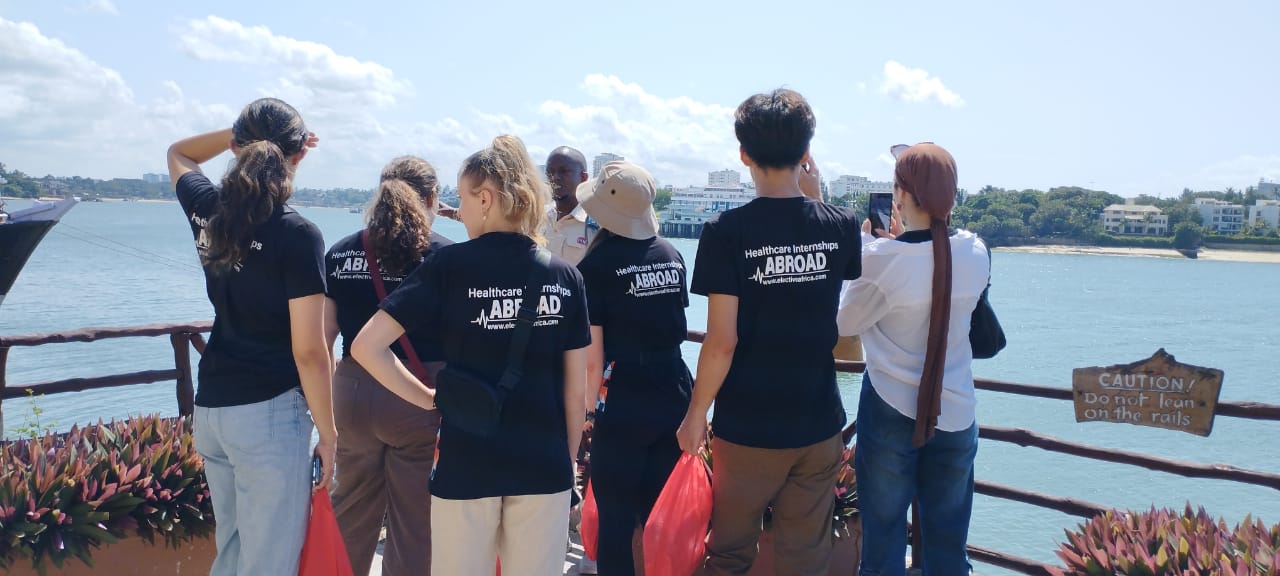A physician practicing in Kenya provides a firsthand overview of the healthcare challenges faced in the region. With infectious diseases like malaria, tuberculosis, and cholera rampant, the strain on healthcare systems is palpable. Limited access to preventive measures and treatment options worsens the situation, leaving communities vulnerable to outbreaks and placing immense pressure on already stretched resources.
Beyond infectious diseases, the concerning rise of non-communicable diseases (NCDs) such as diabetes, cardiovascular diseases, and cancer further compounds the healthcare challenges. However, addressing these issues is complicated by the scarcity of resources. Substandard facilities, inadequate staffing, and shortages of essential medicines are commonplace, leaving healthcare providers to find innovative ways to deliver quality care.
The challenges are particularly pronounced in remote communities, where access to even basic healthcare services is a luxury. Witnessing the consequences of untreated illnesses and preventable deaths in these areas highlights the urgent need for improved healthcare infrastructure and accessibility.
Adding to these difficulties is the widespread poverty in many areas, which makes it hard for people to pay for essential medical treatment, even when it's accessible. It's evident that we need long-lasting solutions to tackle these fundamental problems and guarantee that healthcare isn't just a luxury but a basic right for everyone.
Addressing Challenges Through Collaborative Efforts
At Elective Africa, we recognize that addressing these challenges requires a multifaceted approach that combines education, innovation, and community engagement. Our medical internship programs offer participants a unique opportunity to immerse themselves in African communities, gaining insight into the realities of healthcare delivery in resource-limited settings. Interns shadow and work alongside local healthcare professionals in hospitals and community outreach initiatives.
By engaging with diverse patient populations and collaborating with local stakeholders, interns cultivate the skills and resilience necessary to address complex medical challenges with empathy and effectiveness. Through mentorship, workshops, and experiential learning activities, interns develop a nuanced understanding of global health disparities and the importance of patient-centred care.
Back to top
|
 Visit Elective Africa website
Visit Elective Africa website







 2 2024
2 2024